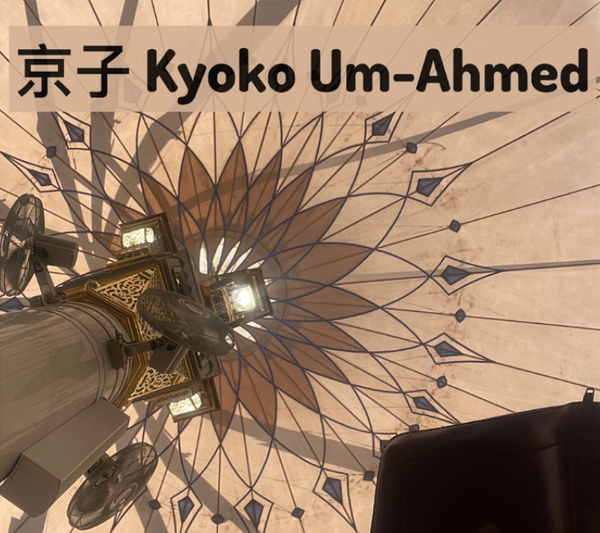Sending Salams to Madina

A cherished custom passed down through generations is the act of requesting someone we know well, who is journeying to the illuminated city of Madina, to extend our greetings (salam) to the Messenger of Allah (Allah bless him and give him peace). This practice, Alhamdulillah, seems to have been a continuous tradition among Muslims, handed down from early believers to our present day. This tradition is also noted in the work of a renowned scholar of Hadith from the Hijaz, Shaykh Muhammad bin Alawi al-Maliki. In his book, Ziyarah al-Nabawiyyah Bayn al-Bidiyyah wal-Shariyyah, specifically on pages 71-72, he reflects on this enduring practice as follows:
Al-Bayhaqi reports in Al-Shuab: Hatim bin Wardan that he said:
Umar bin Abd al-Aziz would send a messenger to Madinah to deliver salam from him to the Prophet (Allah bless him and give him peace).
From Yazid bin Abu Saeed al-Mihri that he said: I came to Umar bin Abd al-Aziz when he was Khalifah in al-Sham. When I bade him farewell he said:
I have a need from you, when you come to al-Madinah you will see the grave of the Prophet (Allah bless him and give him peace), deliver my salam to him.
Muhammad bin Ismaeel bin Abi Fadayk said: I narrated this to Abdullah bin Jafar, he said so and so informed me that Umar would send it via a messenger from al-Sham. (As in Jami li Shuab al-Iman 8/100-101).
Al-Khafaji and Mulla Ali Qari mention in the commentary of Al-Shifa that it was reported by Ibn Abi Dunya and al-Bayhaqi in Al-Shuab.
Al-Khafaji said: The practice of the early muslims (salaf) was that they would send their salams to the Messenger of Allah (Allah bless him and give him peace), and Ibn Umar (Allah be pleased with them both) would do this and send it to to him (upon him blessings and peace), Abu Bakr and Umar (Allah be pleased with them both). Even though the salam of the one who sends it on him from a distance is conveyed to the Messenger of Allah (Allah bless him and give him peace), there is however in sending a salam via a person an excellence/virtue of directly addressing him in proximity to him, and his (upon him be peace) replying by himself.





